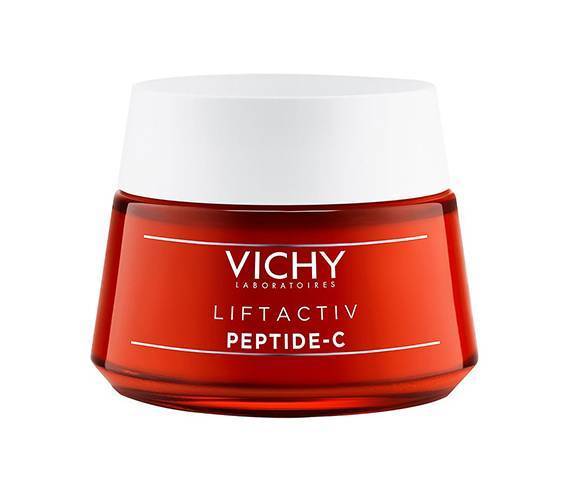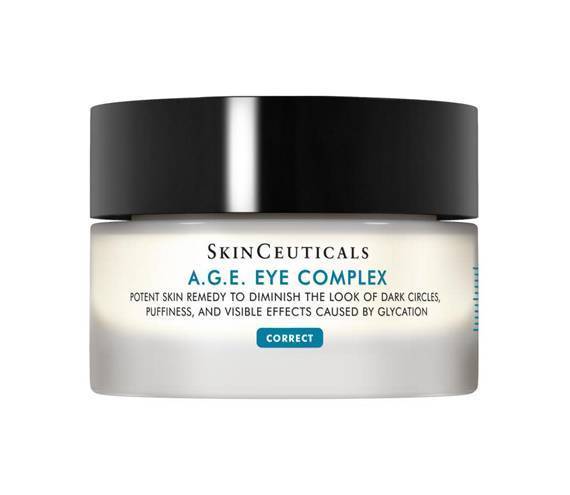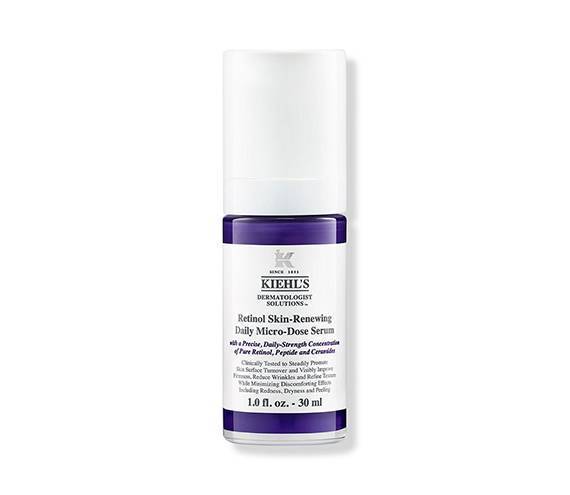A Derm Explains Why Peptides Belong in Your Anti-Aging Routine
January 11, 2022You may know all about hyaluronic acid, and you may have introduced chemical exfoliators — like AHAs and BHAs — to your skincare routine, but even with this level of expertise, you might not know about peptides just yet. The ingredient has been used in anti-aging creams for years, but it’s been getting a lot of attention lately, popping up in everything from eye creams to serums. We spoke to Dr. Erin Gilbert, a Vichy consulting dermatologist based in New York City, about what exactly peptides are, how to use them and when to incorporate them into your routine.
What Are Peptides in Skincare?
Peptides are compounds made up of amino acids. “They are smaller than a protein and are found in every cell and tissue in the human body,” says Dr. Gilbert. Peptides send signals to your cells to produce more collagen, which is one of the major building blocks of your skin.
Why Should You Add Peptides to Your Skincare Routine?
Wrinkles, dehydration, discoloration, loss of firmness and a dull complexion can all come from the loss of collagen production, which decreases as we age. This is why peptides are key. “Peptides help to preserve the skin’s youthful appearance, no matter what skin type you have,” Dr. Gilbert says.
Although peptides are beneficial for all skin types, you should pay attention to the consistency they’re delivered in. “This detail matters and applies to all kinds of skincare products for each skin type,” says Dr. Gilbert. “You may need to switch this up as the seasons change.” This means you could reach for a light, gel-like peptide product in the summer and a creamy, heavier version in the winter.
How to Add Peptides to Your Skincare Routine
Peptides can be found in a wide variety of skincare products, from serums to eye creams and more. We like the Vichy Liftactiv Peptide-C Anti-Aging Moisturizer, which is formulated with vitamin C and mineralizing water, in addition to peptides. “This anti-aging moisturizer helps to strengthen the skin’s moisture barrier function while the phyto peptides, which are naturally derived from green peas, help visibly firm skin’s appearance, and the vitamin C helps brighten skin and reduce the appearance of skin aging,” says Dr. Gilbert.

Another option is to use an eye cream with peptides, like the SkinCeuticals A.G.E Eye Complex. This formula is created with a complex of synergistic peptides and blueberry extract, which helps to improve the appearance of creping and sagging around the eyes. No matter what peptide product it is, Dr. Gilbert’s best piece of advice is to be consistent when applying. “Healthy, younger-looking skin requires daily attention,” she says.

If you’re looking to work peptides into your nighttime routine, we suggest using Kiehl's Micro-Dose Anti-Aging Retinol Serum with Ceramides and Peptide. The combination of key ingredients — retinol, peptides and ceramides — promotes gentle skin surface turnover so you wake up looking more youthful. Micro-dose retinol release means you can use it every night without having to worry about it aggravating your skin like some retinol formulas can.

Design: Juliana Campisi
Read More:
A Simple Skincare Routine for Mature Skin Types
6 Anti-Aging Skincare Products We Swear By
The Best Anti-Aging Serums for Mature Skin, According to Our Editors


